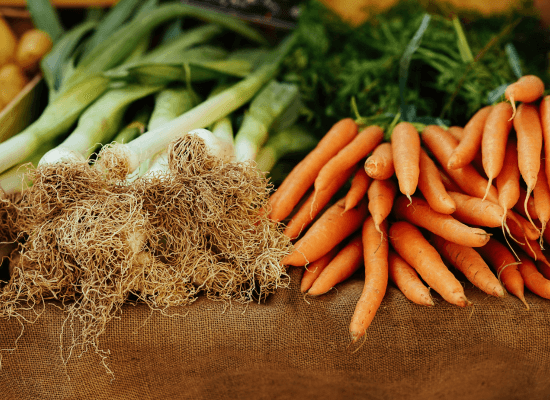The truth about canned foods
As the cost-of-living crisis continues, more and more people are forced to compromise on what and when they eat.
Across all communities but particularly in regional and remote towns where produce is more expensive than in metropolitan areas, many families now purchase canned foods over their fresh produce alternatives.
Canned foods often have a bad reputation, but did you know they can be just as nutritious as their fresh and frozen options, and at a more affordable price? Here’s the truth about canned foods.
Preserving nutrients
Contrary to popular belief, canned foods can be just as nutritious as their fresh counterparts. How? It all starts with timing.
Picture this: a sun-kissed tomato, plucked at the peak of ripeness, bursting with flavour and nutrients. Now imagine that same tomato being carefully sealed into a can within hours of harvest. That’s exactly what happens with many canned fruits and vegetables.
Why it matters:
The canning process locks in essential vitamins and minerals, preserving them until you’re ready to enjoy your meal.
While some heat-sensitive vitamins (like vitamin C) may experience minor losses, overall nutrient retention remains. In fact, canned tomatoes become richer in lycopene — an antioxidant linked to heart health — during the canning process.

The sodium conundrum

“But aren’t all canned foods loaded with sodium aka salt?” you ask. Not necessarily! While some canned products do contain added salt, that’s not the case for all of them.
Most canned vegetables, soups, and meats offer low-sodium or sodium-free versions. These alternatives cater to families who want the convenience of canned goods without compromising on their health.
Helpful tip:
When using canned beans or other legumes, give them a good rinse under cold water. This simple step reduces sodium content significantly.
The environment
Canned foods are more than just affordable and convenient.
Their extended shelf life means that canned goods don’t spoil as quickly as fresh produce. They can sit patiently on your pantry shelf, waiting for their moment to shine. This extended shelf life means fewer fruits and veggies tossed into the compost bin.
Canned foods also support more efficient transportation. How? Picture a truck hauling fresh produce across long distances. Now imagine that same truck loaded with canned goods. The latter requires less delicate handling, fewer refrigeration units, and less fuel.
Did you know:
At Foodbank NSW & ACT, we travel over 4.5 million kilometres every year picking up and distributing food and groceries to families across the state and territory. That’s more than 5 trips to the moon and back!

So, what’s the verdict?
Canned foods can form part of an affordable, healthy diet, offering families convenience, shelf stability and nutritional value. If you’re looking to try adding some more canned foods to your shopping list, a great place to start is with canned veggies, beans, fish and fruits.
For personal health advice on what is right for your family, please speak to your local GP.
If you or someone you know needs support, please visit our Find Food portal so we can connect you to a Foodbank community partner in your area.
 Contact us
Contact us Log in
Log in



